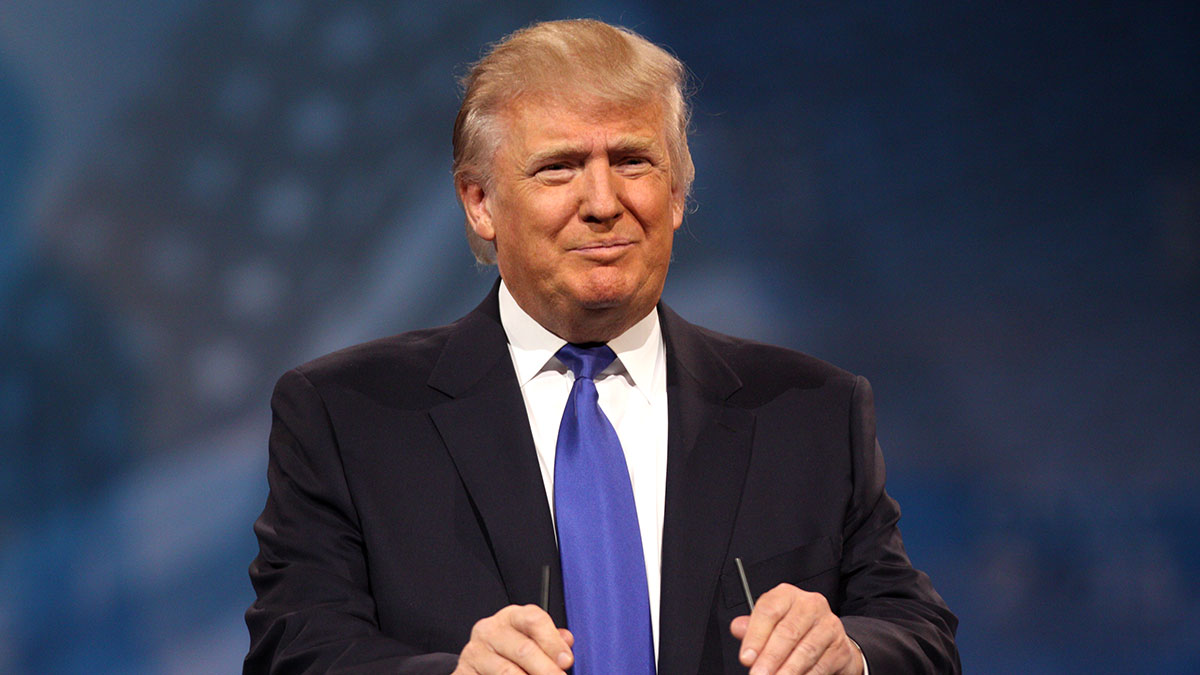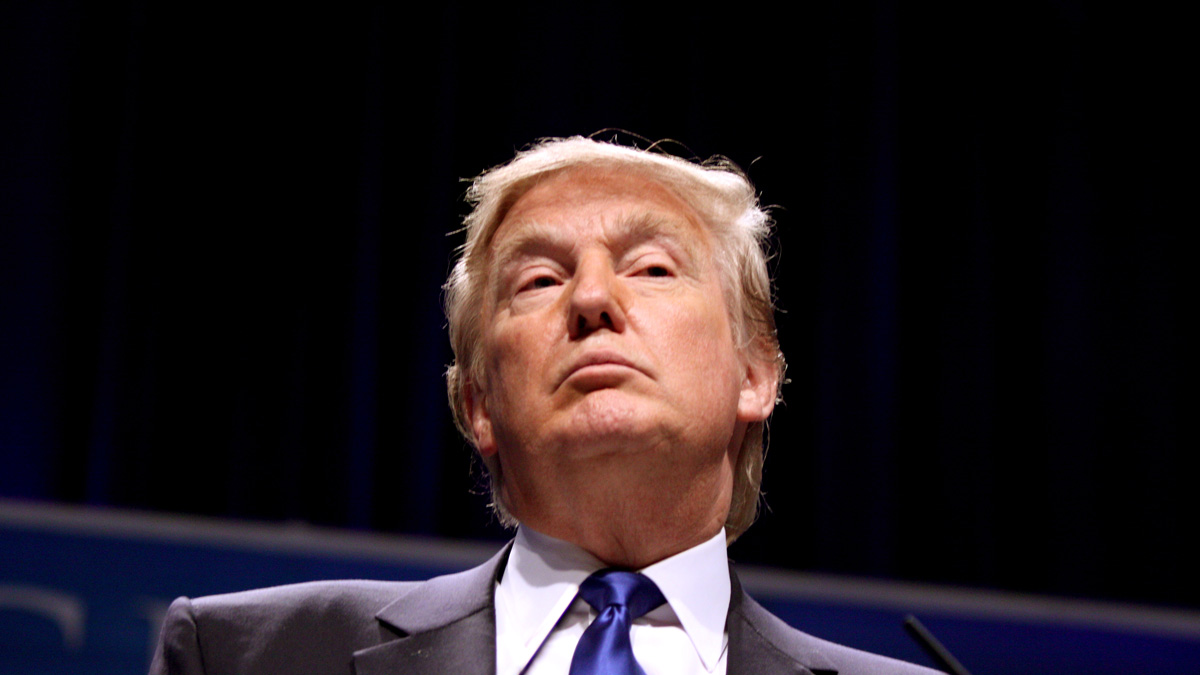Canada becoming the 51st state is a misguided idea
Waking up one morning to find your local Tim Hortons replaced by a Dunkin’ is a nightmare few Canadians would want to face.
 Supplied — Gage Skidmore
Supplied — Gage SkidmorePresident-elect Donald Trump has found a new favourite pastime — making jokes about Canada becoming the 51st state. Or at least we hope they’re jokes. Federal ministers have started to take it more seriously, following comments that the United States (U.S.) would use economic force to bring Canada into compliance. Regardless, some people are taking the idea seriously. Recent discussions and polling suggest a surprising 13 per cent of Canadians are entertaining the idea of Canada becoming the 51st state of the U.S.. Frustration with federal policies and economic challenges is understandable. However, joining the U.S. would be a drastic and ultimately damaging response for the nation as a whole.
Canada and the U.S. already have a deeply interconnected economic relationship, with the U.S. as Canada’s largest trading partner. Proponents of annexation argue that aligning policies, particularly on energy and trade, could streamline this partnership. However, this oversimplifies the reality. Canada is facing challenges in its energy sector, such as fluctuating global oil prices and the transition to renewable energy. But these challenges are driven by international market forces, not just federal policy. Joining the U.S. would not magically resolve these challenges. It could introduce new vulnerabilities by tying Canada’s economic fate even more closely to American market fluctuations.
Trump suggested that the U.S. could use economic leverage to push Canada into becoming the 51st state, claiming that tighter integration would eliminate trade barriers and make both countries more competitive. He further argued that Canada’s reliance on the U.S. market gave Washington the upper hand in dictating terms. In response, Prime Minister Justin Trudeau dismissed the notion as a threat to Canada’s sovereignty and economic stability, reaffirming his government’s commitment to maintaining a strong, independent relationship with the U.S. without compromising Canadian values or autonomy. These remarks underline the risks of deeper integration that could undermine Canada’s sovereignty while highlighting the current government’s commitment to a balanced partnership.
Moreover, Canadians would likely lose one of their most cherished institutions: universal health care. The U.S. has one of the most expensive and inequitable health care systems in the developed world. For many Canadians, access to affordable health care is a cornerstone of their national identity. Joining the U.S. would likely mean the end of this system. Canadians would have to navigate a privatized health care landscape with significantly higher costs and worse outcomes for vulnerable populations.
Culturally, Canada and the U.S. share similarities but maintain distinct identities. Canadians often pride themselves on values like inclusivity, peacekeeping, and a stronger social safety net. By contrast, the U.S. faces deep political polarization and societal divisions on issues such as gun control, health care, and systemic inequality. Becoming part of the U.S. would mean adopting these systemic issues and potentially losing the unique aspects of Canadian culture that set it apart on the world stage.
Politically, the argument for joining the U.S. often stems from frustrations with Ottawa and federal governance. Canadians feel their regional concerns are overlooked, particularly in resource-rich provinces like Alberta. However, abandoning the Canadian federation would not guarantee better representation. Instead, Canada would join a much larger political system where Canadian voices would likely lose influence. It wouldn’t just be 13 provinces and territories fighting for attention — it’d be more than 50 states. Representation in the U.S. Congress would be limited and unlikely to address the specific needs of former Canadian regions, given the scale and polarization of American politics.
Rather than looking south for solutions, Canadians should focus on strengthening their federation. Addressing regional grievances through constitutional reforms, improving federal-provincial relations, and exploring economic diversification are more constructive ways forward. Canada’s identity, forged through shared history and values, is worth preserving. While the challenges Canadians face are real, abandoning the nation in favour of becoming the 51st state is not the answer.




